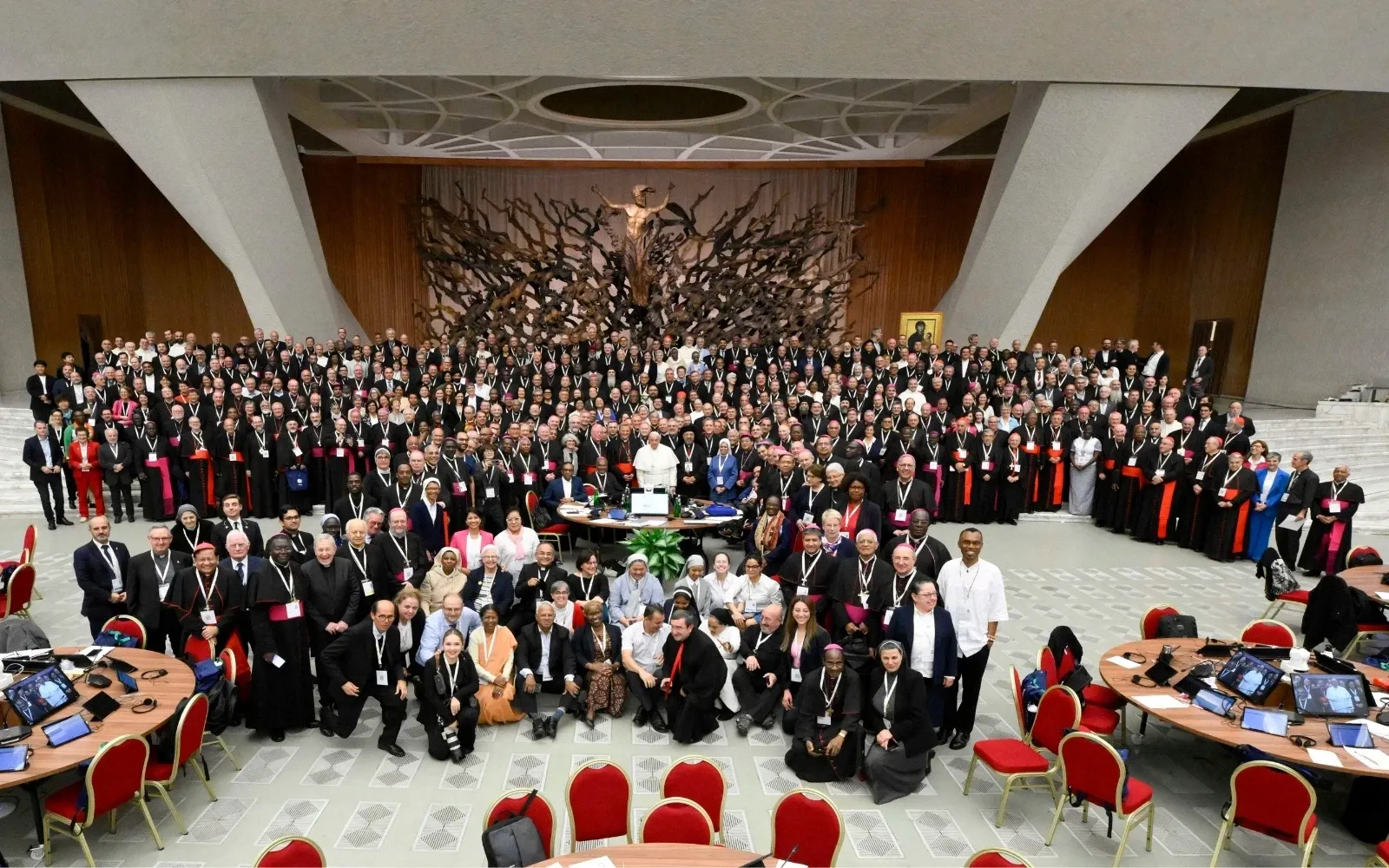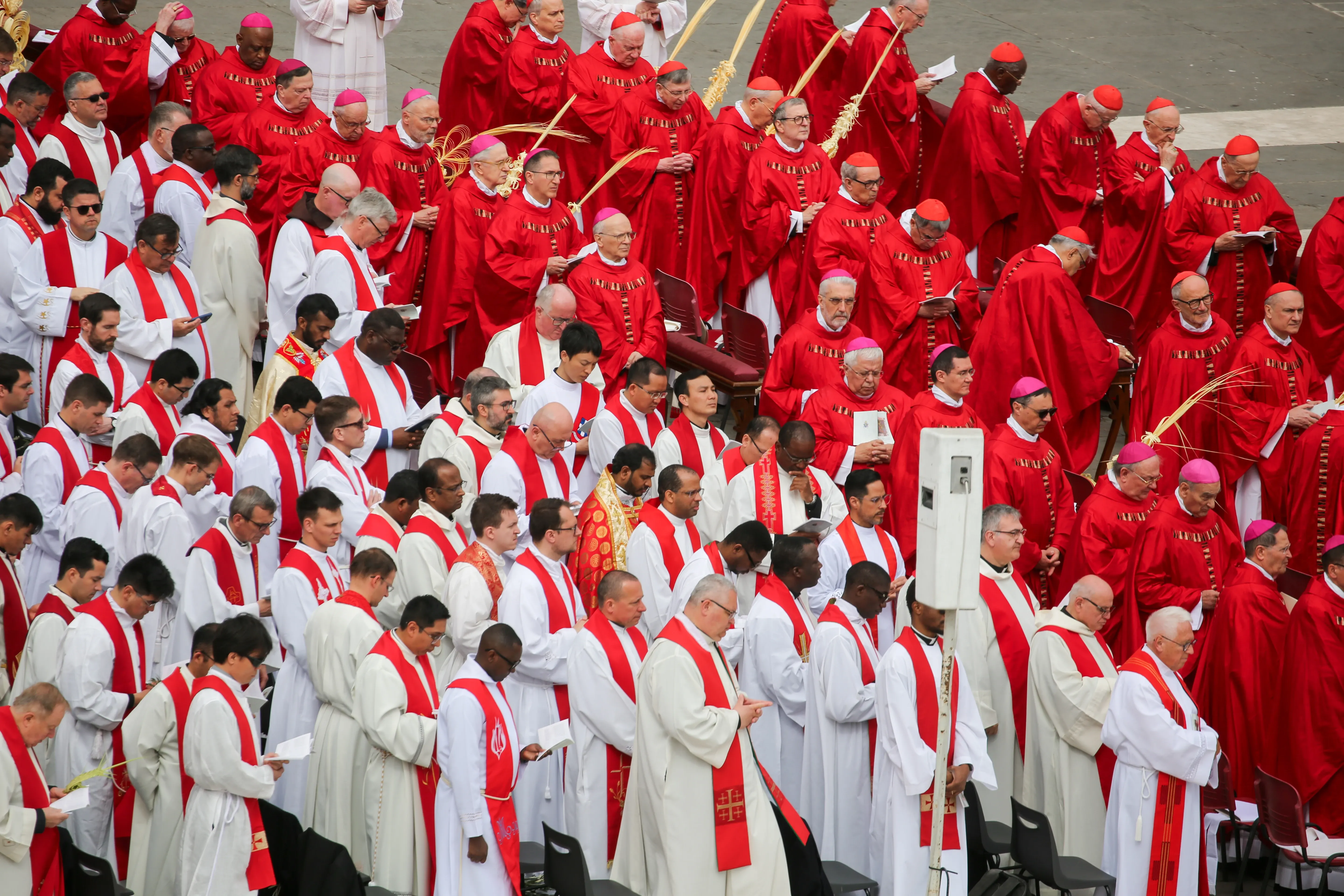Furthermore, “the question of women’s access to diaconal ministry remains open,” and that discernment should continue.
The text advocates for increased female participation in clergy formation and broader involvement in Church decision-making processes.
Lay participation
The document significantly expands the role of lay faithful in Church governance. It calls for their increased presence in synodal assemblies and all phases of ecclesiastical decision-making.
New procedures for selecting and evaluating bishops and expanded lay participation in diocesan leadership and canonical processes are proposed.
(Story continues below)
Implementation phase
While Pope Francis has declared the synodal path “completed,” the document emphasizes that a crucial implementation phase lies ahead. This next stage will focus on integrating synodality as a “constitutive dimension of the Church.”
The text also addresses accountability measures, calling for enhanced financial transparency and protocols for abuse prevention, declaring: “The need within the Church for healing, reconciliation, and the rebuilding of trust has resounded at every stage of the synodal process.”
Background
The document represents the culmination of one of the most extensive consultative processes in Church history, building on both the 2023 assembly’s work and the broader synodal journey initiated by Pope Francis in 2021.
The exercise aimed to balance traditional Church teaching with contemporary pastoral needs while promoting greater inclusivity and transparency in Church governance.
This article was first published by ACI Prensa, CNA's Spanish-language news partner, and has been translated and adapted by CNA.
Almudena Martínez-Bordiú is Rome correspondent for ACI Prensa and EWTN.








